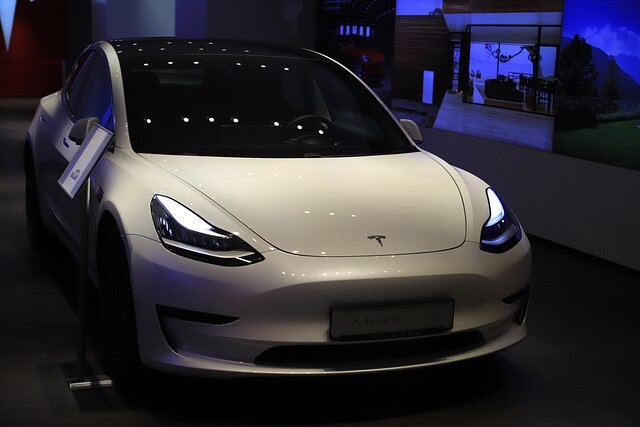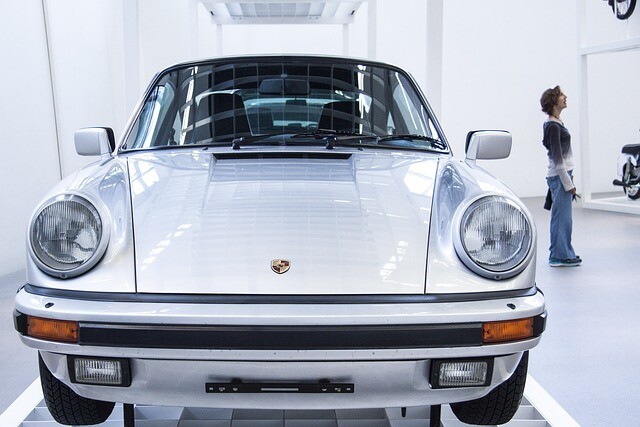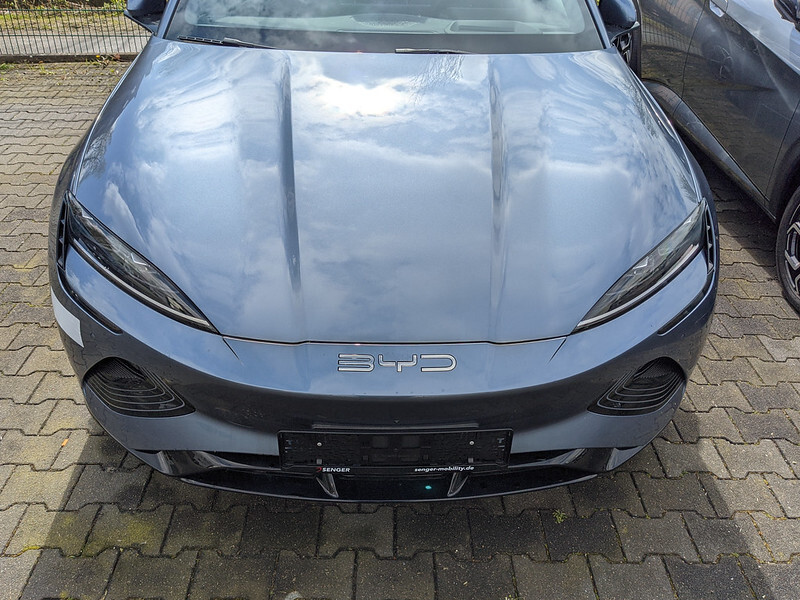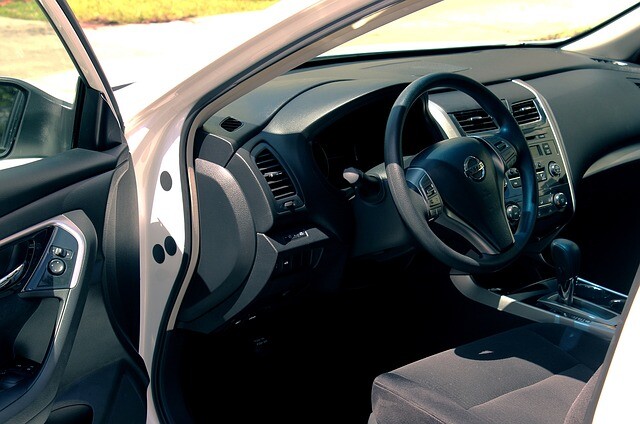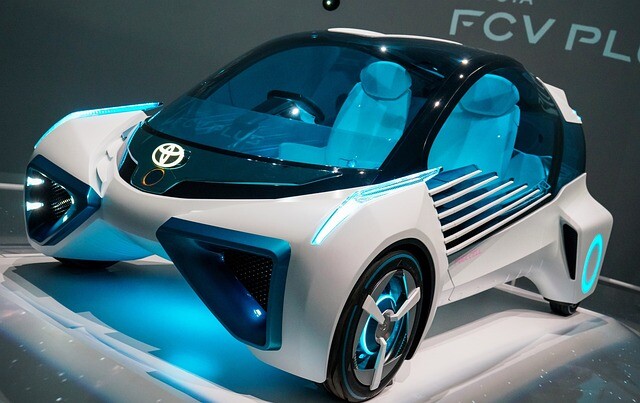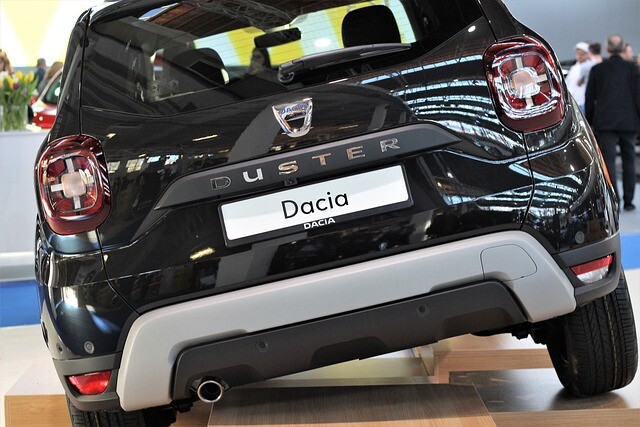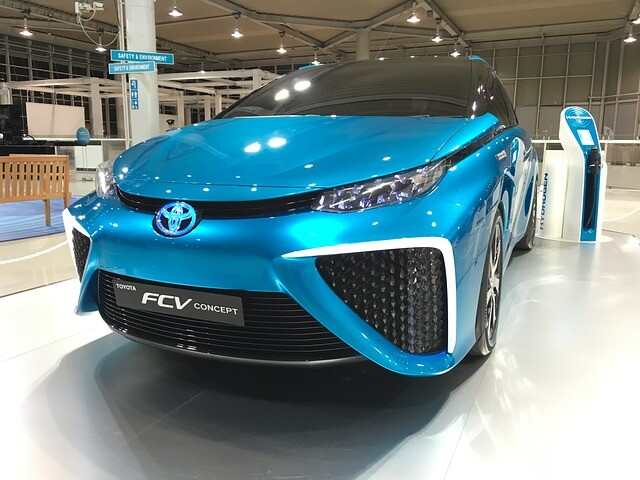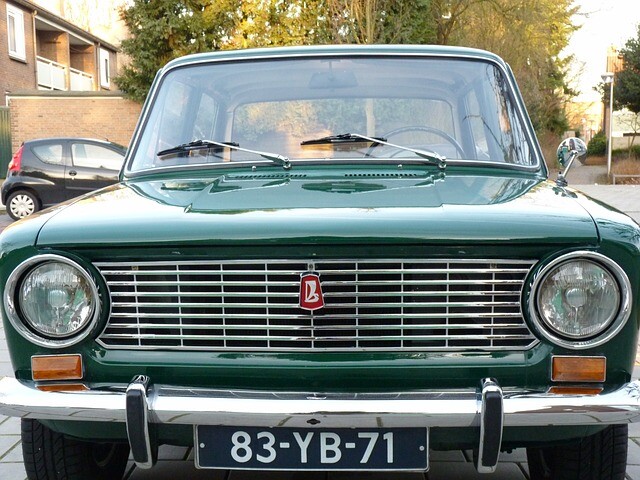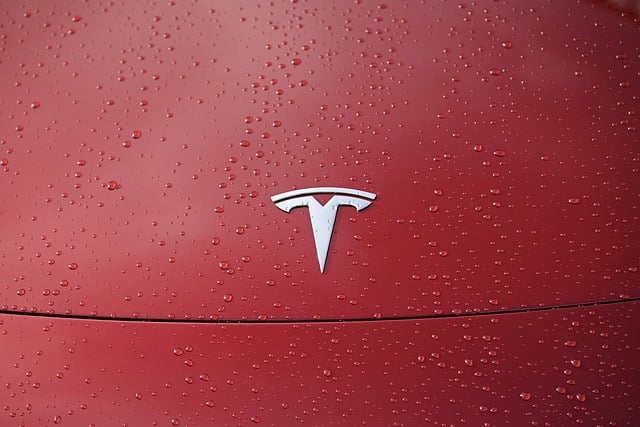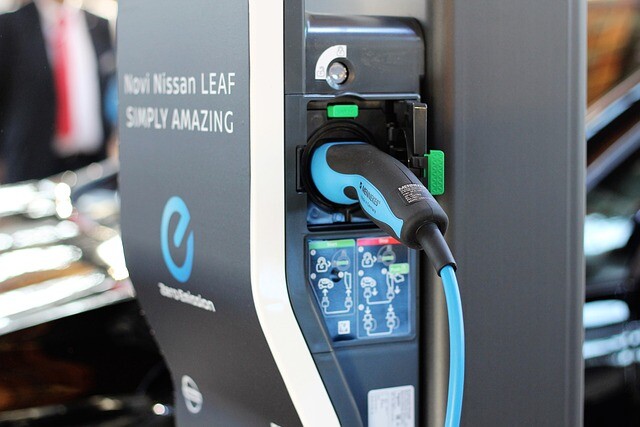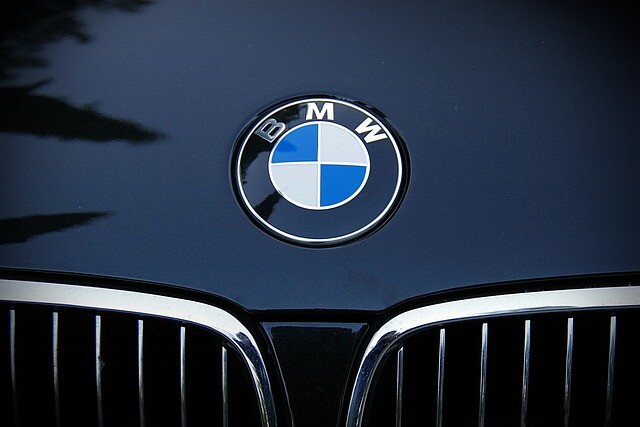The battery life of electric cars is constantly increasing
After the range, the biggest concern for those who are considering replacing their conventional car with an electric one is the life of the batteries: however, according to the experts of the Future Mobility Association, it is unnecessary, since a properly charged battery can withstand up to two to three thousand cycles without a decrease in performance, 10- 15 years of continuous use.
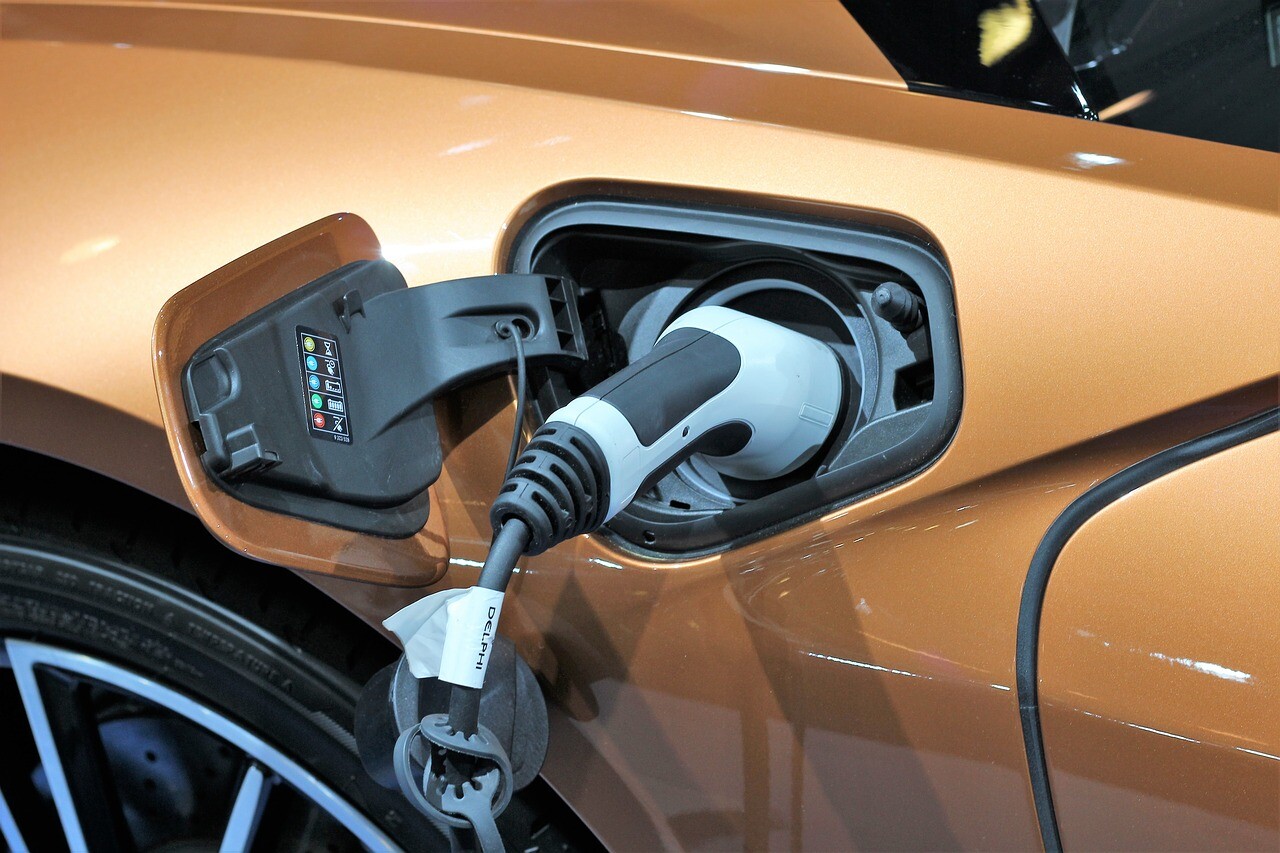
According to experts, the increase in range and battery life will also contribute to the spread of electric cars, in the first quarter of 2022 there were already 15 percent more electric cars - 24,795 - on domestic roads than at the end of last year: and although the growth rate is stronger than in 2020 and It was in the same period of 2021 - 10.6 percent - as there is no news yet about the continuation of the previous years' electric vehicle purchase support practice this year, it is still uncertain how the growth rate of the next quarters will develop.
The association also stated that while the first available models of purely electric cars had a range of only around 100 kilometers in winter, today a range of 200-300 kilometers can be considered more average. According to the forecast, within a year or two, in addition to the continuous and significant expansion of the model range, a range of over 300 kilometers will already be considered average.
According to the association's statement, although the efficiency of all batteries deteriorates as a result of use, car manufacturers now offer a 7-10 year warranty, while the expected lifespan of an electric car battery purchased today is much closer to 20 years, and it may even outlive the car: the Based on the proposal adopted by the United Nations Economic Commission for Europe in 2022, batteries must provide at least 70 percent of their capacity even after driving 160,000 kilometers or until the car is 8 years old.
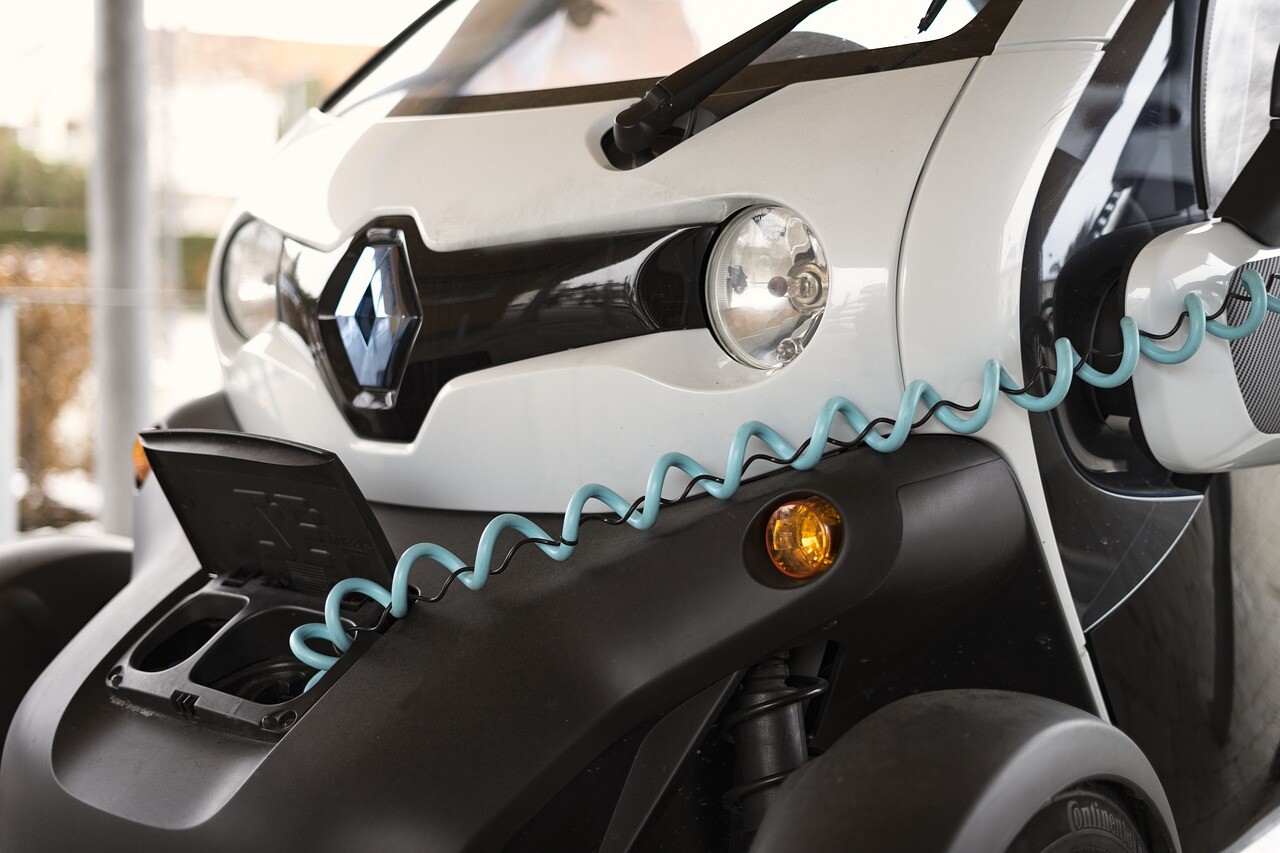
According to the association, the view that the more an electric car is used, the more its battery loses its performance is also wrong. On the other hand, obsolescence (degradation) and capacity reduction change much more due to temperature and charging speed, and it is also not true that people who drive 10-15 kilometers a day with their electric car should constantly charge it.
They said: even though the battery's capacity is smaller in cold weather and thus the distance that can be covered by the car is also reduced, the heating of the battery reduces its service life more, either due to the weather or the heating due to fast charging. Therefore, the type of electric car that tempers the battery and cools and heats it if necessary is preferable.
It is important that if the car is not used for a longer period of time - for several weeks - that today's lithium batteries should be stopped with a charge of around 50 percent, and that those who immediately drive down a sloped road should not leave home with a full charge, because here the car is constantly recharging - they warn .
The experts of the Future Mobility Association have also drawn attention to the fact that the lifespan of an electric car's battery is negatively affected if the cells are frequently discharged and then fully charged: manufacturers generally recommend charging the battery only to 80 percent and never allowing it to be completely discharged. .
They said that the battery's service life is fundamentally affected by frequent fast charging, as the internal temperature of the battery rises significantly in this case, which damages the cells in the long term.
(Source: autokalauz.co.hu; MTI | Image: pixabay.com)

